
Much about the virus and the proper public health response to outbreaks remains up for debate.

Much about the virus and the proper public health response to outbreaks remains up for debate.

The FDA has approved Lannet Company’s Abbreviated New Drug Application for levofloxacin oral solution USP, 25 mg/mL.
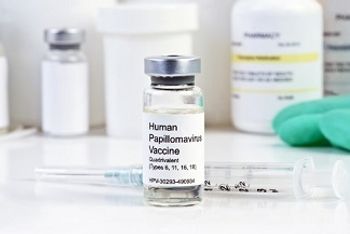
A higher number of new sexual partners, as well as lifetime sexual partners, may drive this risk in these patients.
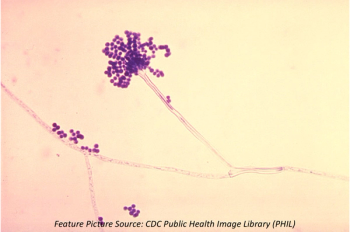
A new study looks at the process by which A. fumigatus crosses the airway epithelium, positing a theory involving the use of actin to tunnel into cells.

Could dressing more formally induce patients to adhere to their treatment plans?

Fulphila is the first biosimilar to Neulasta to decrease the chance of infection in patients with non-myeloid cancer who are receiving myelosuppressive chemotherapy that has a clinically significant incidence of febrile neutropenia.

The results of a new study reveal that rates of viral suppression in women infected with HIV have improved since 2001; however, control of diabetes mellitus has remained poor, regardless of HIV status.

A recent study has shown that highly pathogenic avian influenza (HPAI) A(H7N9) virus is spreading westward from southern and eastern China.
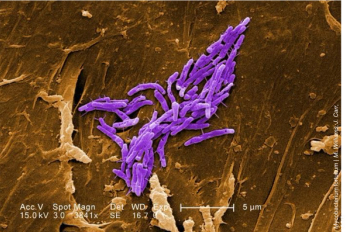
Although the incidence of nontuberculous mycobacterial (NTM) lung disease is increasing, and current treatment options are limited, certain NTM patients may find a potential treatment option in video-assisted thoracoscopic surgery.

In case you missed them, we’ve compiled a list of the latest recalls posted this week.

Stay up-to-date on the latest infectious disease news by checking out our top 5 articles of the week.

All endoscopic procedures held a greater risk of postprocedure infection than screening mammography; however, they were still lower risk than bronchoscopy and cystoscopy.
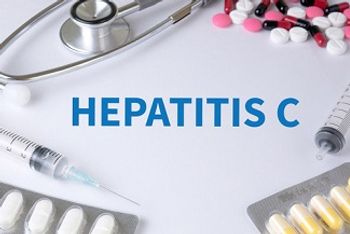
The new guidelines include updates on HCV management and testing in pregnant women, individuals who inject drugs, men who have sex with men, and individuals who are incarcerated.

Tennessee joins the list of states currently being plagued by hepatitis A outbreaks.

The Vaccine Adverse Event Reporting System reveals a number of errors made in the administration of the new shingles vaccine.

A new study has found that travelers’ diarrhea from Escherichia coli infection may be more likely to occur in individuals with blood type A.

The 5-year partnership grant is to support the development of novel immunotherapy agents that target multidrug-resistant Gram-negative bacterial infections.

Although most health care providers are adhering to the recommended regimen, the US Centers for Disease Control and Prevention reports that about 20% of patients with uncomplicated gonorrhea are not receiving the recommended dual regimen designed to ward off resistance.

Stopping polio transmission will require addressing persistent challenges to vaccinating every child.

A central team led by the National Centre for Disease Control stresses that Nipah virus in India is not a major outbreak, but a local occurrence, and the situation is currently under control.

Increased stewardship may reduce administration of drugs to low birth-weight babies designed to prevent early-onset sepsis.

Study data suggest stimulants could be causing the virus to become more active and could expand the HIV reservoirs of patients.

The FDA has provided marketing clearance for a device capable of detecting specific sepsis-causing bacterial pathogens directly from a whole blood specimen in about 5 hours.

The results of 2 studies indicate that patients who are overweight or obese have better mortality outcomes than patients who are at a normal weight when it comes to fighting off infectious diseases.
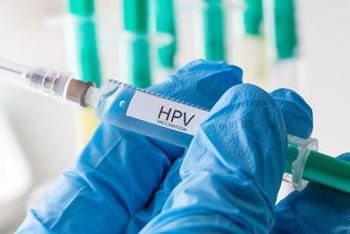
Despite public health recommendations, a new study has found that too many adolescents and young adults in the United States are failing to complete the full vaccination course for HPV.

A new study finds that most infection prevention and control programs require more staff and existing models are woefully inadequate.

In time for the Memorial Day weekend, the US Centers for Disease Control and Prevention released a report indicating that 1 in 3 swimming-related disease outbreaks in the United States occur in hotels.

Flesh-eating infections caused by group A strep bacteria can be deadly but researchers may have found the key mechanism the pathogen uses to elude our immune systems and some potential ways to stop it.

Study results indicate that starting combination antiretroviral therapy early can stave off further neurological damage associated with HIV infection.

In case you missed them, we’ve compiled a list of the latest recalls posted this week.